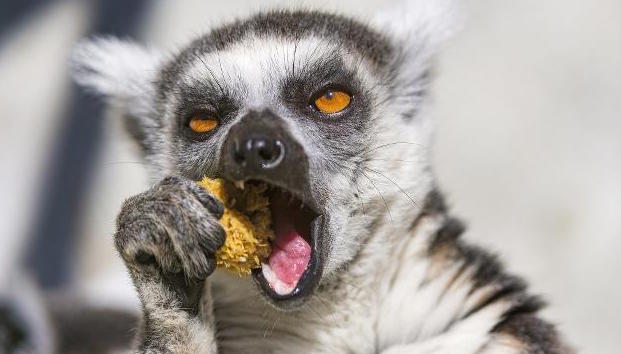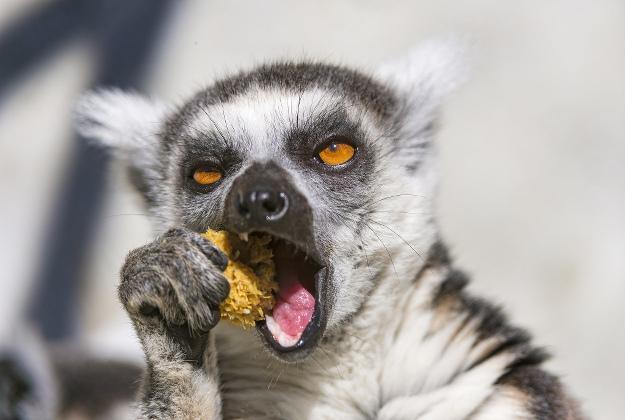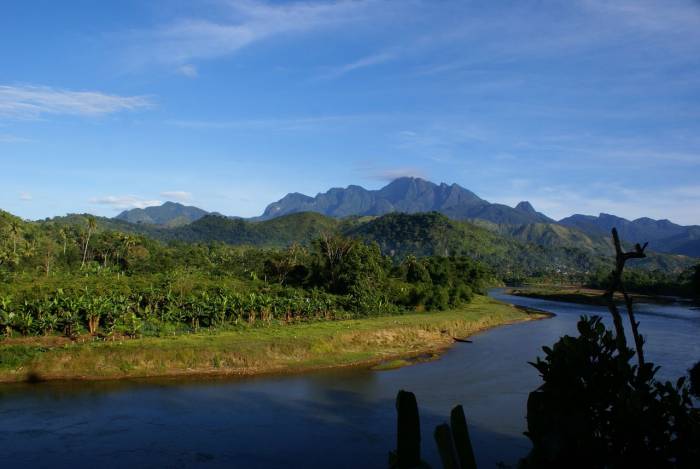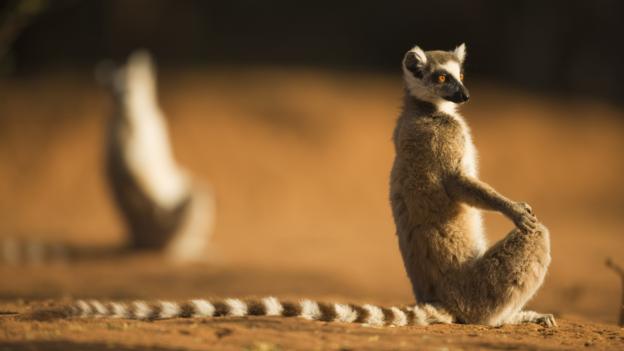
The African island nation Madagascar contains rainforests that encompass thousands of plant and animal species. Some of these, like lemurs, are found nowhere else in the world and they add to the country’s uniqueness. But experts are warning that the primates could go extinct soon.
Political unrest
Lemurs are the most threatened mammalian group on the planet. There are 101 species. And, according to the International Union for Conservation of Nature, 20 of these species are vulnerable, 48 are endangered, and 22 are critically endangered. Anne Yoder, who led a study on climate change’s effect on the primates, said that the situation was optimistic ten years ago. But then came the 2009 Malagasy political crisis – which overthrew the president of the country. The unrest in the government has led to a very negative impact on the environment.
“Since the 2009 political crisis the situation on the ground has been grim for the Malagasy people, but also for the lemurs, especially in terms of habitat loss,” Mitch Irwin of Northern Illinois University said. “If things don’t turn around, lemur extinctions will start happening.”

Destroying the environment
Laws designed to protect wildlife habitats are not being properly enforced nor funded. Lemurs are threatened by illegal hunting, logging, mining, and slash-and-burn farming. People living in poverty will often hunt them for their meat. Many park rangers have left Marojejy National Park, and people are cutting down needed rosewood trees. Dr. Christoph Schwitzer, head of research at the Bristol Zoological Society, said that the main threat to the species is habitat destruction:
“Madagascar has lost at least 80% of its original forest cover since human arrival,” he reported. “It’s mainly slash and burn agriculture in Madagascar… which means chopping down a bit of forest, burning the trees, planting rice on the fertile soil. You can do that maybe for two or three years when the soil isn’t fertile anymore and you move on and do the same a couple of hundred metres down the road.”

Something needs to change
Several non-governmental organizations, including World Wide Fund for Nature, Conservation International, and Wildlife Conservation Society, released a joint statement:
“These deplorable acts will only further impoverish the country and deprive future generations of the Malagasy people from their unique natural heritage.”
Yoder and her team found that the only way for lemurs to survive is if they shift to new environments, which could be hundreds of kilometers away. Northeastern Madagascar is still forested enough for the primates. But those living in the western part of the island have nowhere to go. Schwitzer warned that extinctions can begin soon if nothing is changed –
“One cyclone or other natural events could wipe out the entire population. In fact, anybody who decides to go out lemur hunting could tip the species over the edge.”

SEE ALSO: 2 African Lion Breeds Are Now Protected Under The U.S Endangered Species Act.







